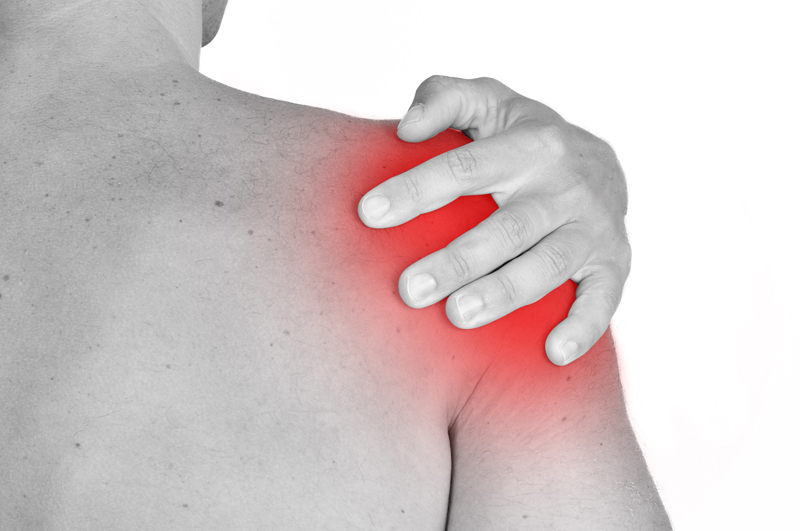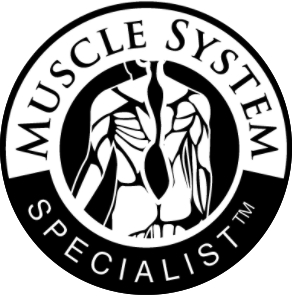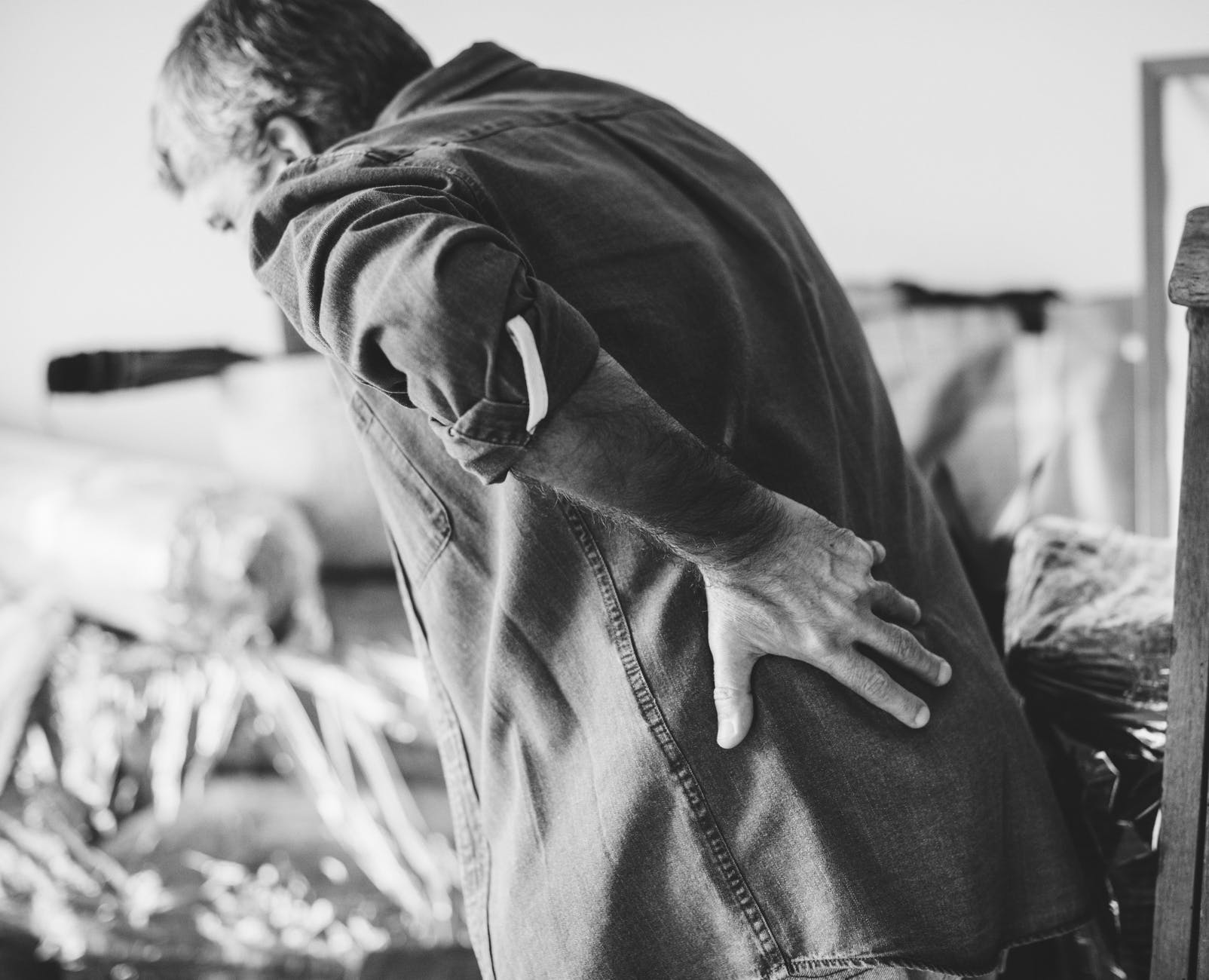Sometimes It Hurts and Sometimes It Doesn’t: Information Set Theory of Pain
Pain is an elusive concept. Sometimes chronic pain or discomfort occurs in muscles and joints without having injured the area where they’re feeling the pain and discomfort. Why? Why do some people who have structural damage to a muscle or joint (as shown by MRI or other test) have no pain in the damaged area, but . . .


 In Part 1 of this series, we discussed the dilemma of back pain that persists despite your persistent efforts to solve the problem. You’ve been prescribed medication, exercise, and a myriad of methods to “stretch” and “loosen” your muscles, but no avail. You must be a lost cause . . . right?
In Part 1 of this series, we discussed the dilemma of back pain that persists despite your persistent efforts to solve the problem. You’ve been prescribed medication, exercise, and a myriad of methods to “stretch” and “loosen” your muscles, but no avail. You must be a lost cause . . . right? If you’re interested in learning more about how a Certified Muscle System Specialist™ can help you move better, feel better, and live better,
If you’re interested in learning more about how a Certified Muscle System Specialist™ can help you move better, feel better, and live better, 